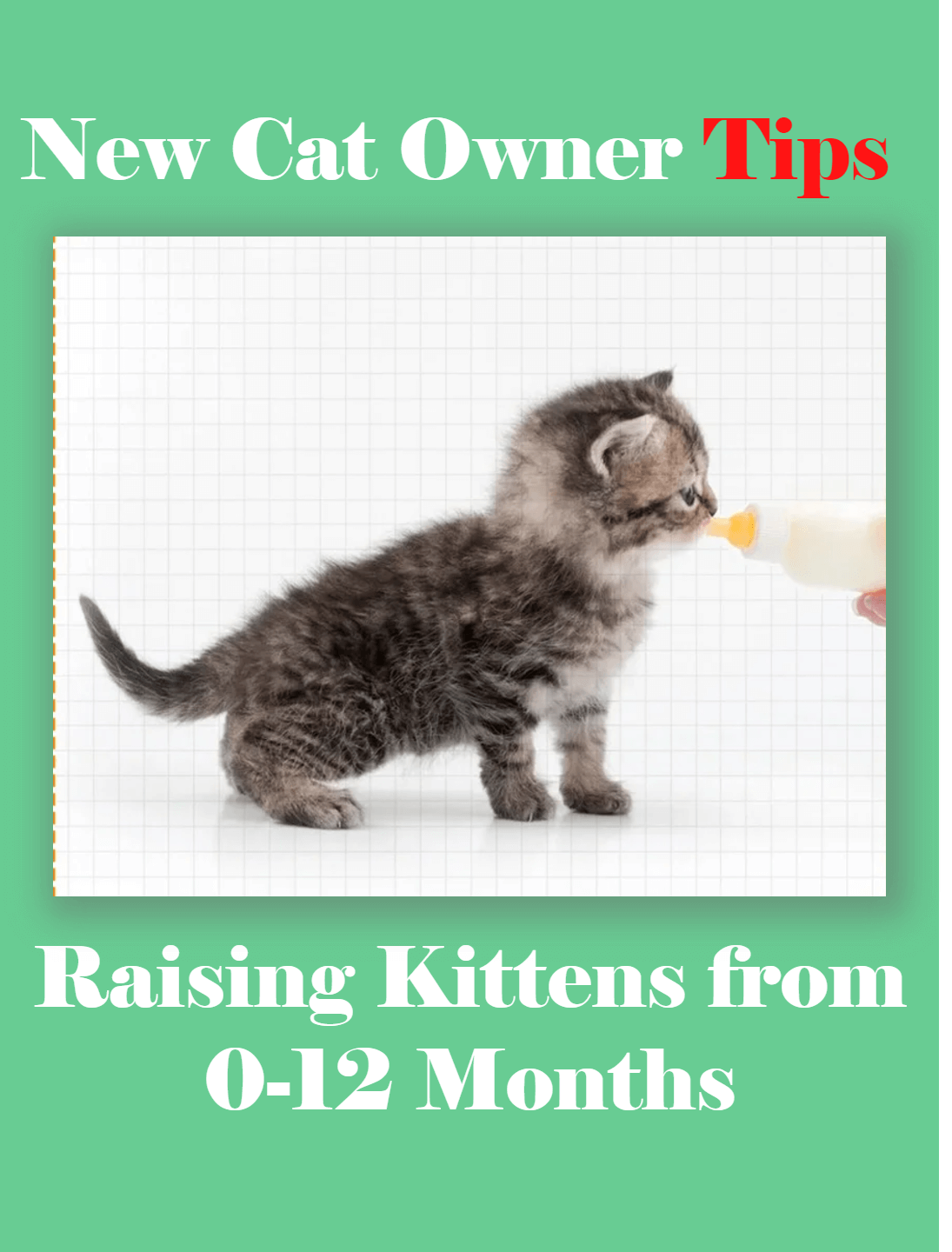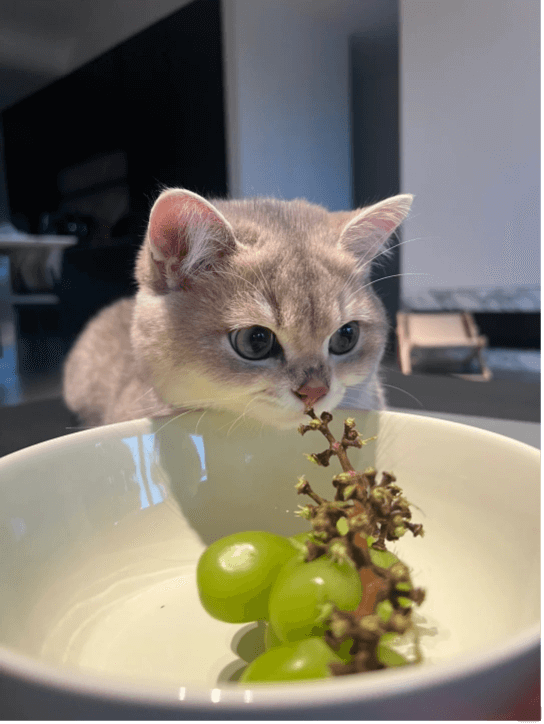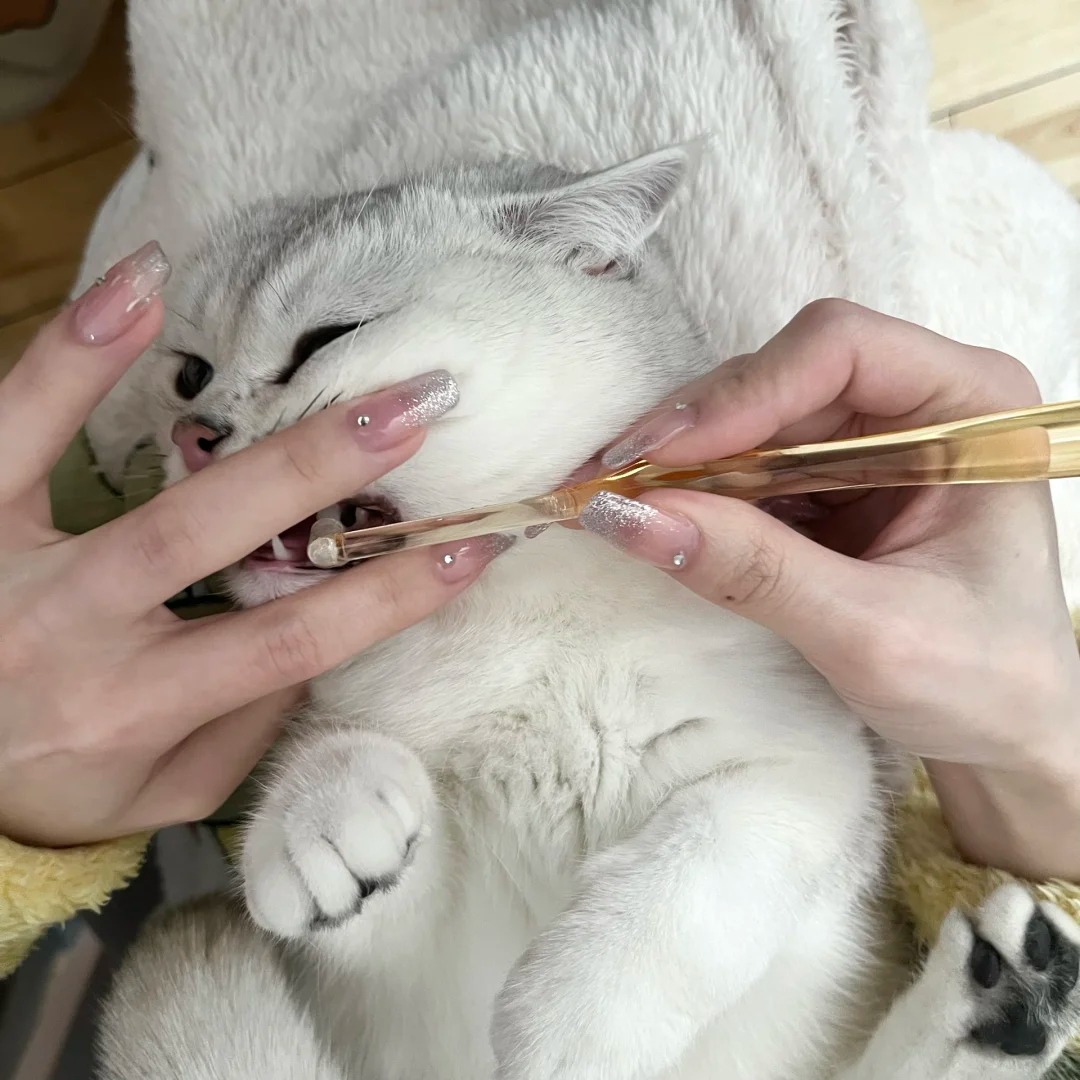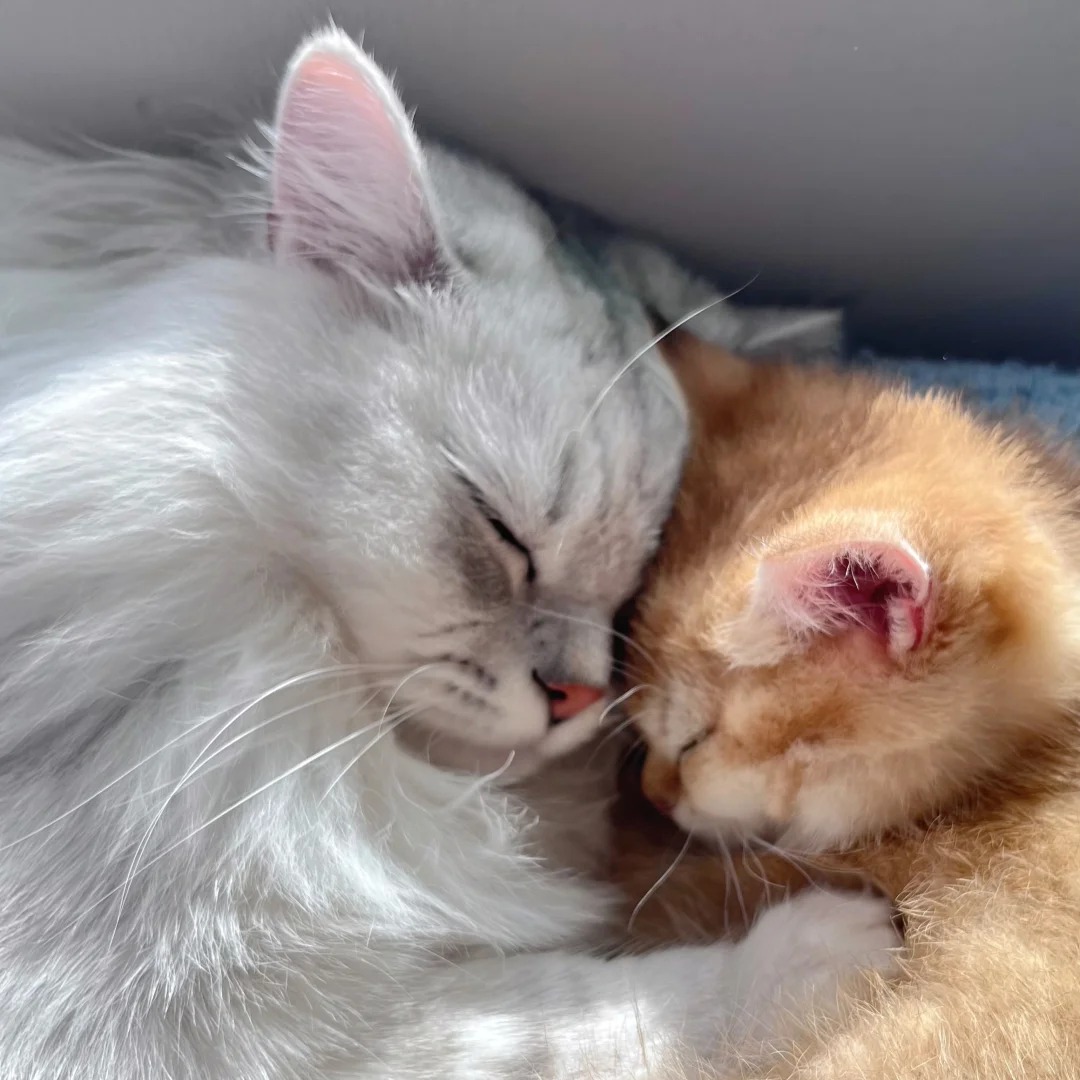Why is no one clearly explaining the essential care for raising kittens from 0-12 months⁉️
🌟🌟🌟 0~1 Month Old (Nursing Phase)‼️
1. Sleeping 20 hours a day is normal 😴
2. Either maternal breastfeeding or syringe + goat milk powder feeding 🍼
3. Newborn kittens are very sensitive to cold; many die prematurely from inadequate warmth. Prepare blankets and keep them indoors ❄️
4. Ensure the mother cat gets enough nutrition; well-fed and warm kittens will reach their first month easily 🔆
🍼 0-2 Week Kittens: Feed every 2-3 hours
🍼 2-3 Week Kittens: Feed every 4 hours
💛 Supplies to prepare: Goat milk powder, bottles/syringes, pee pads, blankets
✅ 1~2 Months Old (Weaning Phase)‼️
1. Avoid bathing the kittens 🫧
2. Baby teeth are forming, gradually switch to kitten food 🦷
3. Soak the kitten food, feed at scheduled times and quantities 💦
4. Potty training: Teach the kittens to cover their waste 💩
🍼 1-1.5 Month Kittens: Feed every 6 hours
🍼 2 Month Kittens: Feed every 3-4 hours
🔆 Supplies to prepare: Kitten food, cat litter, litter box, feeding bowls
✅ 2~3 Months Old (Vaccines + Deworming)‼️
1. Kittens start self-feeding 🦷
2. Introduce small amounts of egg yolk and chicken breast 🥚
3. Practice using scratching posts to protect furniture 🐈
4. Deworming and vaccinations should be done when the kitten is healthy 💉
🔆 First deworming at 2 months old:
Internal every 3⃣️ months / External every 1⃣️ month
Vaccination starts a week after deworming, with 3⃣️ shots in total, each 21 days apart;
💛 Supplies to prepare: Scratch posts, cat food, travel carrier, shampoo
✅ 3~4 Months Old (Socialization)‼️
1. Start trimming the kitten's nails, get them used to physical contact ✂️
2. Kittens’ claws are now capable of causing harm; provide scratching posts 🌟
3. Dry food can be served without soaking 🦷
4. Besides regular cat food, offer goat milk powder, egg yolk, and chicken breast twice a week as supplements 🍼🥩
💛 Supplies to prepare: Scratch posts, nail clippers, cat toys
✅ 4~6 Months Old (Teething, Cheek Puffing, Shedding)‼️
1. This is a critical development period; feed them high-nutrition food to help cheek puffing 💪
2. Egg yolk supports good coat growth during the shedding period 🥚
3. Maintain daily cleaning to prevent tear stains 🥲
4. Cats increasingly enjoy interacting with humans; pay attention to their emotions 🐱
💛 Supplies to prepare: High-nutrition canned food, comb, nail clippers
✅ 6~8 Months Old (Heat, Hydration)‼️
1. Cats enter heat; keep doors and windows closed securely 🚪🪟
2. Isolate male and female cats if both are present ❌
3. Clean up any accidental urination promptly to avoid issues 😖
4. Neutering can be done post-heat ✅
5. Consider getting a cat tree to increase their activity levels 🌀
6. Ensure their water intake is sufficient to prevent urinary problems 💦
💛 Supplies to prepare: Urine odor eliminator spray, cat tree, water bowl
After one year, they are adult cats!
#CatCareTips #ScientificCatCare




